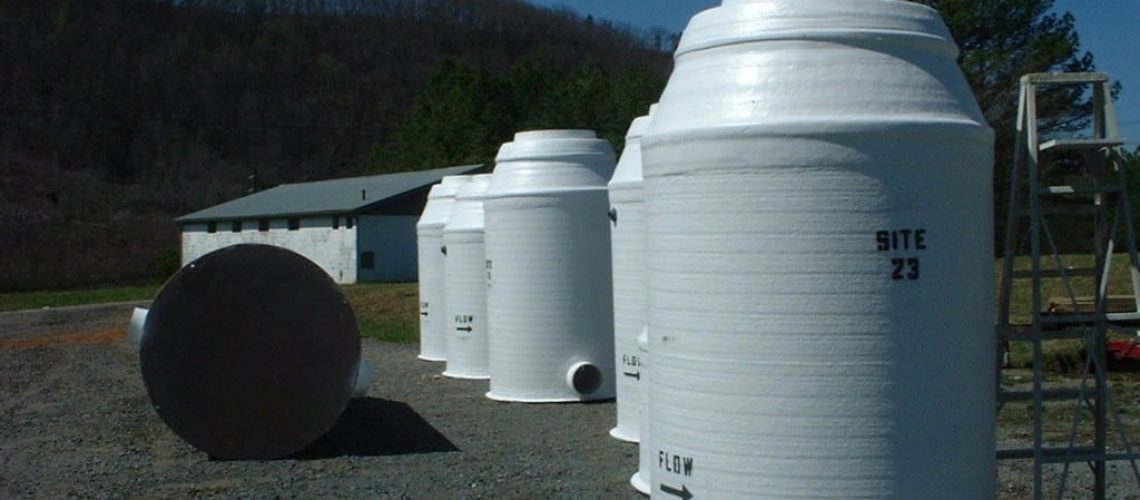If you need to install a manhole in your flow management operation, you’ll first need to decide from which material you’ll have your manhole constructed. In most applications, fiberglass and concrete are the best manhole materials, as both provide several benefits.
While you might assume that concrete is the better option, the opposite is actually true. In almost every situation imaginable, fiberglass manholes are the superior choice and will make it easier for you to take accurate flow readings day in and day out. Here are just a few of the many benefits of fiberglass manholes that you should be aware of before installing a new manhole in your operation.
Lightweight and Versatile
Installing a manhole in a flow management system is a major undertaking, especially when you choose a heavy material. Concrete manholes are very heavy, and if they’re not placed correctly during installation, repositioning them can be extremely difficult.
Fiberglass, on the other hand, is a very lightweight material, which makes installation much easier and will also allow you to move your manhole if necessary without expending as much effort as would be needed with heavier materials. Additionally, fiberglass is a very flexible material, which means you can fabricate your manhole in whatever shape you need and can also more easily integrate other structures, such as benches and shelves.
Resistant to Damage
Generally, manholes are installed in harsh environments such as waste management applications. Because of this fact, it’s vital that you choose the most durable material possible for your manhole so that you won’t have to worry about long-term damage.
Resistance to multiple forms of damage is one of the most enticing benefits of fiberglass manholes. In particular, fiberglass is corrosion-resistant, so even when exposed to caustic materials, your manhole will hold up. When you invest in a fiberglass manhole, you’ll know that your device will last for years to come, helping you maintain your operation’s efficiency while avoiding expensive repair or replacement costs.
Fiberglass Manholes Are Watertight
One of the biggest drawbacks of concrete manholes is that they are constructed in segments, resulting in seams which may expand and cause leaks as the manhole ages. Obviously, this can be a big problem in flow management operations, as leaks can interfere with the accuracy of flow readings.
While fiberglass manholes can be fabricated in any way that you wish, most of these manholes are single structures, meaning they are watertight. Unlike segmented concrete manholes, your single-structure fiberglass manhole should not suffer leaking, even if it’s exposed to harsh substances over time.
Shop for Your Manhole
Clearly, there are numerous benefits of fiberglass manholes that every flow management operation should consider. If you’re interested in learning more about manholes made from fiberglass, or if you’re ready to purchase your manhole, the Tracom team is here for you.
Tracom, FRP specializes in manufacturing world-class fiberglass products, including a variety of fiberglass manholes. Whatever the needs of your operation, we can help you find the tools that will help you succeed. Contact us today to learn more about our selection of fiberglass manholes and other fine products.



